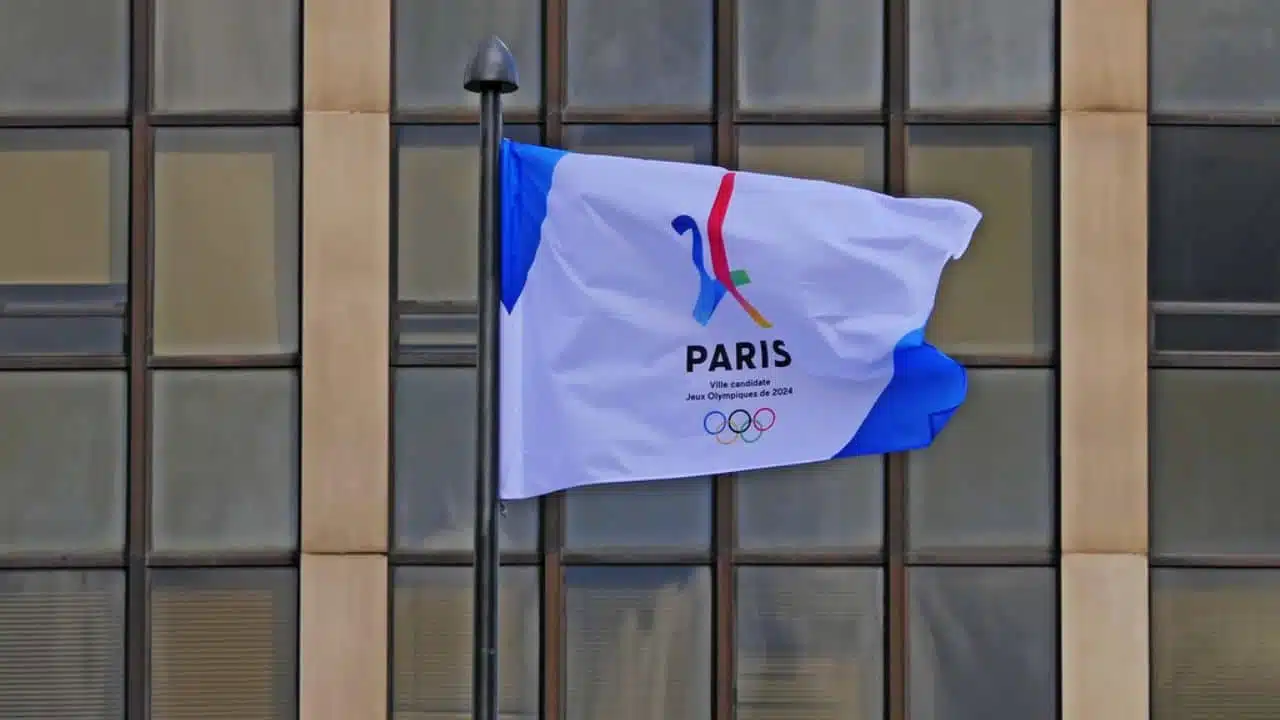Have you ever wondered how much athletes will earn at the Paris 2024 Olympics? The topic of money in the Olympic Games is relatively recent. Initially, Pierre de Coubertin, the founder of the modern Olympic Games, established a principle that no athlete should receive money for participating or winning. Over time, this principle has evolved, and today, the financial rewards for Olympic success vary significantly from country to country.
Understanding Olympic Bonuses
The International Olympic Committee (IOC) itself does not provide monetary rewards to athletes who win medals. Instead, national delegations have the discretion to reward their athletes with bonuses. These bonuses vary widely depending on the country’s policies and resources.
Bonuses for French Athletes
In Paris 2024, French Olympic medallists will earn more than they did in the previous Olympics in Tokyo. Gold medal winners from France will receive a bonus of around $87,000, up from $70,000 four years ago. Silver and bronze medal winners will receive approximately $43,000 and $21,500, respectively. Coaches will also benefit, receiving bonuses equivalent to those of their athletes, a change from previous years where their bonuses were only 50%.
French Sports Minister Amélie Oudéa-Castéra emphasized the importance of rewarding exceptional athletes for their years of dedication and effort.
Comparing Bonuses Across Different Countries
The generosity of Olympic bonuses varies widely across countries. Despite the prominence of American sports, the United States Olympic Committee pays its champions a bonus of $37,500 (about 35,000 euros). In contrast, the United Kingdom does not reward its Olympic winners with bonuses but provides an annual allowance of almost $37,000 to medalists for post-Games training. Countries like Sweden, Norway, and New Zealand do not offer any financial bonuses to their athletes.
In Asia, some countries are very generous with their Olympic champions. Singapore and Taiwan, for example, award more than $700,000 for an Olympic title. However, athletes who receive these bonuses are required to make a donation to fund their sport, ensuring the support benefits the broader athletic community.
Divided Opinions on Bonuses
Starting with the Paris Olympic Games, World Athletics has announced that athletes who win gold medals will be required to make a donation. Gold medalists in each of the 48 athletics events will receive $50,000. Silver and bronze medalists will begin receiving bonuses from the 2028 Los Angeles Olympic Games. Sebastian Coe, President of the International Association of Athletics Federations, supports this decision, emphasizing the need to create a financially sustainable sport for athletes. However, David Lappartient, President of the French National Olympic Committee, believes this change contradicts Olympic values.
The Financial Struggles of Athletes
Despite the popularity of athletics and the glory of the stadiums, many athletes face financial difficulties and often have to balance training with odd jobs. In 2007, French long jump champion Salim Sdiri became the first athlete to sign a professional athletics contract, allowing him to train under better conditions. Hugues Fabrice Zango, runner-up in the men’s triple jump at the recent Xiamen Diamond League, highlighted the importance of financial support, stating that athletes need money to prepare properly.
Support from Renowned Athletes
Renowned athletes like Olympic high jump gold medalist Mutaz Barsham, world shot put champion Chase Jackson, and pole vault star Armand Duplantis have expressed their support for the World Athletics initiative, viewing it as a positive step forward for athletics and other sports.
Bonuses for Mexican Athletes
This year, Mexico’s delegation has 107 athletes competing in Paris 2024, fewer than in previous years. Ana Gabriela Guevara, director of the National Commission for Physical Culture and Sport (Conade), announced that there will be a purse of approximately $1,600,000 for Mexican athletes who win a medal. Gold medalists will receive around $160,000, silver winners will get around $108,000, and bronze winners will receive about $54,000. This support is significantly higher than that of many other participating countries.
The Broader Impact of Financial Incentives
Financial incentives play a crucial role in the lives of athletes. For many, the promise of a substantial bonus can make the difference between pursuing their athletic dreams or giving them up due to financial constraints. These bonuses not only reward athletes for their hard work and dedication but also provide the necessary support for their future training and development.
Takeaways
The financial rewards for Olympic athletes vary widely across the globe. While some countries offer substantial bonuses to their medalists, others provide minimal or no financial incentives. These differing approaches reflect broader policies and attitudes towards sports funding and athlete support. As the world of sports continues to evolve, the debate over how best to support and reward athletes remains ongoing. The Paris 2024 Olympics will undoubtedly bring this issue into sharper focus, highlighting the diverse ways in which countries value and support their sporting heroes.






































